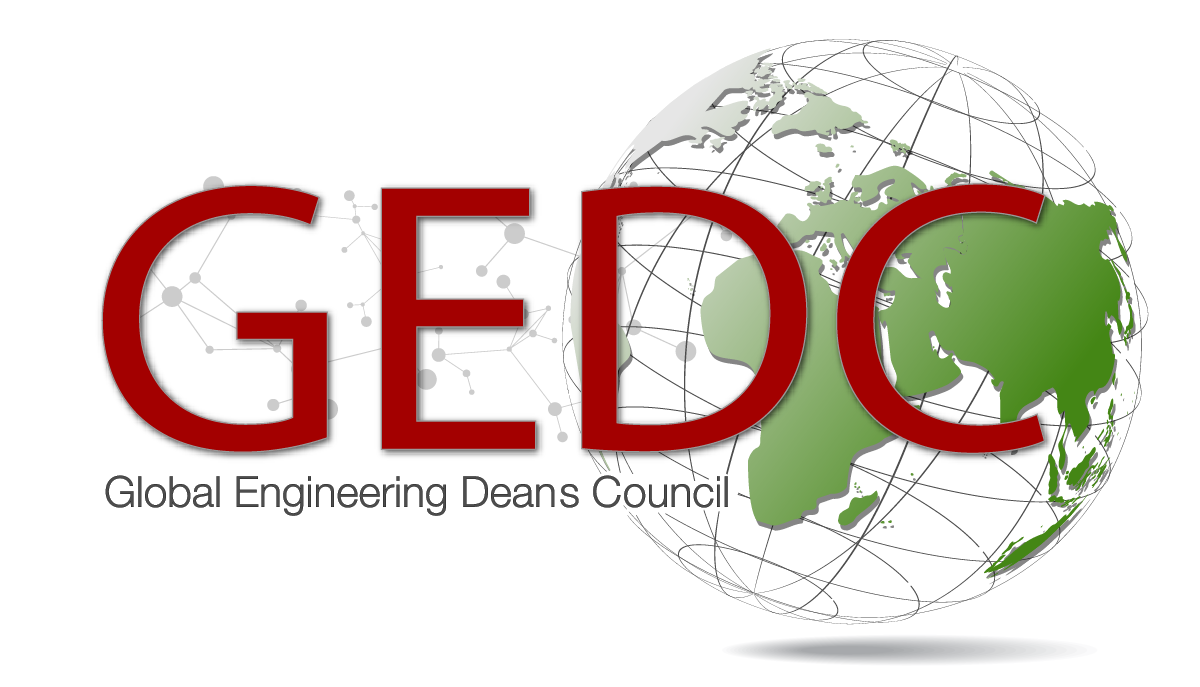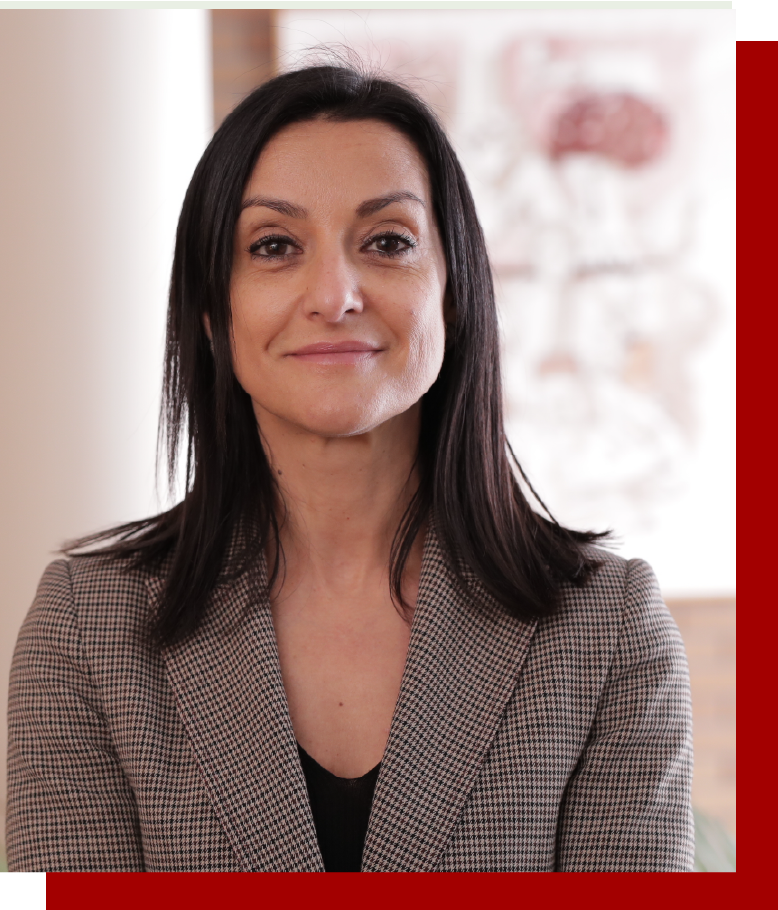You have just been re-elected dean at Instituto Superior de Engenharia do Porto. If you could give one piece of advice to yourself at the beginning of your tenure, what would it be?
Manage this second mandate like there would be another possibility of re-election at the end of it, hearing and respecting all stakeholders but trying to make the best decisions for the present and future of the institution itself.
- How do you anticipate the challenges in the next four years differing from the previous four?
We live in very challenging times where very quick responses are needed. The last few years have shown us that unprecedented events can happen that are impossible to predict and for which we have to find answers adapted to new realities. However, I try to be informed, to participate in the main groups of leaders of engineering schools worldwide, as is the case of GEDC and SEFI, as well as in other international and national forums.
- What role has Instituto Superior de Engenharia do Porto played in promoting engineering and computing at the National and Regional levels?
The Institute of engineering of Porto is one of the top schools of Engineering in Portugal and this year we celebrate one hundred and seventy years of existence. ISEP has been able to assume as a socially responsible community that seeks excellence in the training of citizens with high professional, scientific and technical skills, in a wide diversity of qualification profiles, in research and applied transfer of technology and knowledge, as well as in the process’s social cohesion and the digital and environmental transition. Furthermore, ISEP promotes a constant synergy between industry and the academic environment. In this way, it integrates faculty and students in responding to real problems in society, prioritizing applied research.
- Can you share the Degree Programs offered by Instituto Superior de Engenharia do Porto, and what are some of the salient ongoing research projects?
ISEP offers a wide range of programmes in different fields of Engineering.
Degrees:
Undergraduates
- Automotive Engineering
- Biomedical Engineering
- Bioresources
- Chemical Engineering
- Civil Engineering
- Electrical And Computer Engineering
- Electrical Engineering – Power Systems
- Geotechnical And Geoenvironmental Engineering
- Industrial Management and Engineering
- Informatics Engineering
- Mechanical Engineering
- Systems Engineering
- Telecommunications and Informatics Engineering
Masters
- Automotive Engineering
- Bioresources
- Chemical Engineering
- Civil Engineering
- Development Practice
- Electrical and Computer Engineering
- Electrical Engineering – Power Systems
- Engineering and Industrial Management
- Geotechnical and Geoenvironmental Engineering
- Informatics Engineering
- Mechanical Engineering
- Sustainable Energies
- Artificial Intelligence Engineering
- Biomedical Engineering
- Critical Computing Systems Engineering
- Engineering and Supply Chain Management
ISEP also has 11 research groups, focusing on applied research and working closely with industry and partner universities in Portugal and abroad. Some of these research groups are:
- BioMark – Sensor Research group
- CIDEM – Group for research & Development in Mechanical Engineering
- CIETI – Group for Innovation in Industrial Engineering and Technology
- CISTER – Research Group in Real-Time and Embedded Computing Systems
- GECAD – Research Group on Intelligent Engineering and Computing for Advanced Innovation and Development
- GILT – Research Group in Games, Interaction and Learning Technologies
- GRAQ – Chemical Reaction and Analysis Group
- LEMA – Mathematical Engineering Laboratory
- LSA – Autonomous Systems Laboratory
- ISRC – The Interdisciplinary Studies Research Group
- SIIS – Social innovation and Interactive Systems Group
- What challenges has Instituto Superior de Engenharia do Porto faced in light of the pandemic and how have you navigated the challenges?
Higher education institutions were able to adapt in an outstanding way and redesign the way education was delivered. In a short time, we successfully converted all face-to-face classes into remote synchronous classes.
This illustrates our ability to respond to society’s major challenges. It is also necessary to mention that this was only possible because we have been developing, over the last decade, teaching processes that are based on the autonomous work of students.
However, I believe that there will be a paradigm shift in higher education in Portugal, through the combination of face-to-face and distance learning. The reality we live in, I believe, will inspire the regulatory changes necessary for this change to take place.
- How would you characterize the current relations between Instituto Superior de Engenharia do Porto, its faculty, and the Corporate and Industry world? What are some of the projects that you are implementing with local companies?
Academia and industry have different goals, but I must emphasise they are complementary and improve with each other’s activity. At ISEP, scientific research and projects linked to the industrial world, which involve researchers, teachers and students, are the areas where we work the most, right after our main objective: to prepare our students to compete for the best professional careers all over the world. We are one of the schools in the country that historically develop pedagogic and scientific projects with companies, contributing to the increased incidence of R&D in companies.
- Can you share with us some of the approaches that Instituto Superior de Engenharia do Porto is implementing to sustain growth and retain a constant engagement from its student body?
We offer a range of diverse and modern courses in the various areas of engineering and where we implement a set of modern pedagogical practices that match the profile of our present students.
We also have a policy of incorporating research groups and service delivery centers into our campus, allowing for close collaboration between teaching, research, and real application.
This environment is only possible because we have a capable and committed faculty, as well as excellent quality resident research.
- At Instituto Superior de Engenharia do Porto, what are some of the initiatives that you have undertaken to promote diversity in Engineering Education?
With over 7,000 students, we believe that each one is unique and has the ability to stand out. Our job is simply to channel their potential with the spirit of entrepreneurship, teamwork, thinking outside the box, technical knowledge and social awareness, key competences for a successful career. We understand that we can make a difference by promoting a culture that respects sustainability, equity, and diversity.
- How has GEDC helped your Institute achieve the goal of being a more global environment?
Belonging to GEDC allows you to meet great world leaders and allows you to learn and share experiences and ideas with Deans from different parts of the world. Being part of GEDC is a way to stay connected and updated, identifying the best institutional practices presented by partners.
- In your opinion, what are some of the significant issues/topics that ought to be addressed by the global engineering community and particularly by Engineering Deans, to further strengthen inter-regional communication and continue to globalize this field of study?
The need for collaboration between countries and institutions around the world is unquestionable. GEDC can play a significant role here in facilitating global collaborative projects that will not only build capacity but also better understanding of cultures and live in harmony and peace with one another.
- What are your top five priorities as a dean and where do you plan to take the Faculty of Engineering in the next four years?
This is my second term as dean (22-26). In this new governance cycle I intend to continue the work started in 2018, as well as contribute to responding to the new challenges that arise in the current situation. Some of the main priorities are:
- Solidifying a strong and cohesive institutional environment, fundamental to answers the challenges of the future;
- Create conditions to update the infrastructure of the buildings, labs and classrooms;
- Promote the mobility of teachers, non-teaching workers and students;
- Continue to rethink training content, adding more multidisciplinary and innovation to the content and also to the skills objectives;
- Strengthen the connection with Alumni, essential members of the wider community that the school represents.

